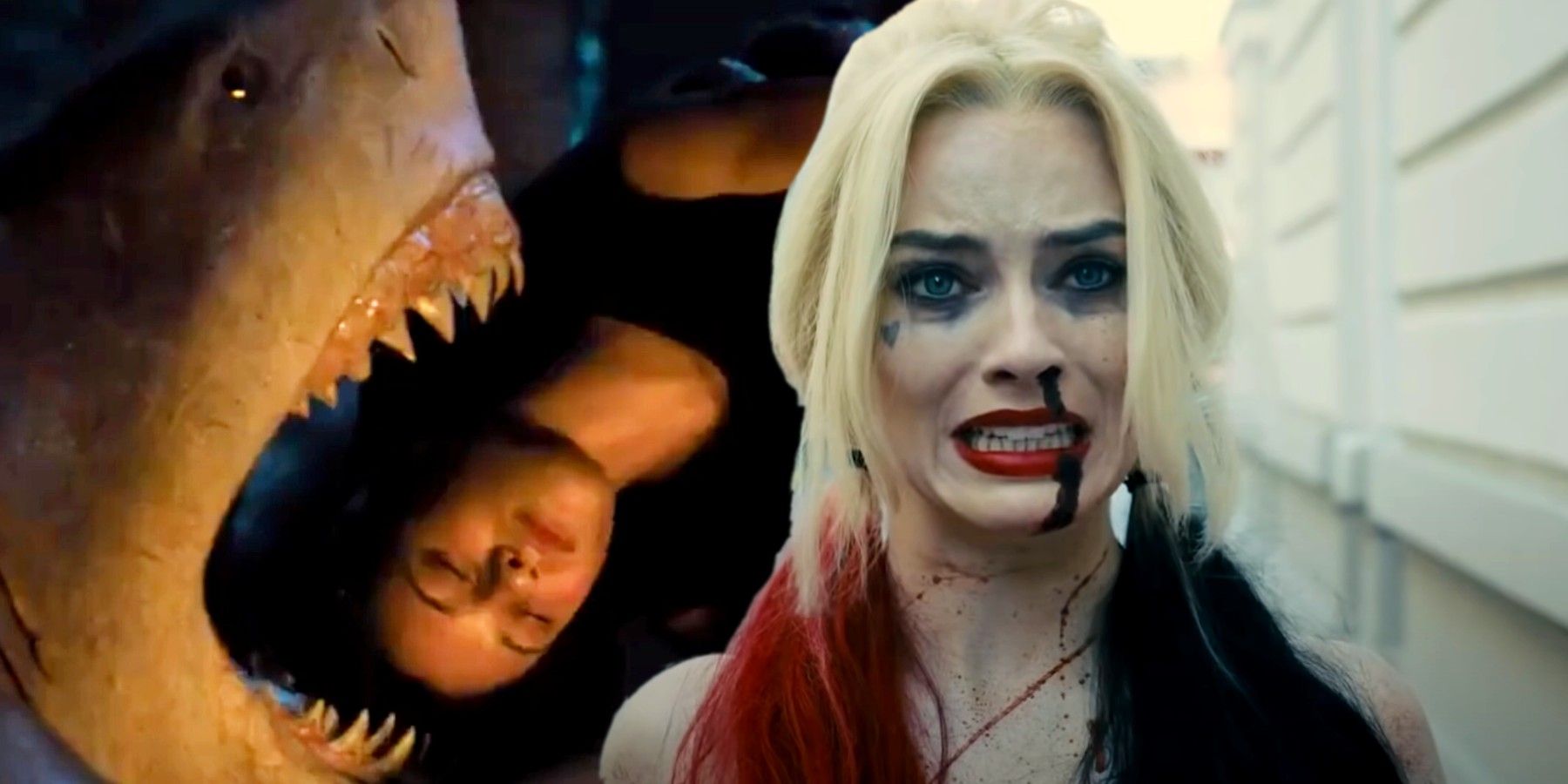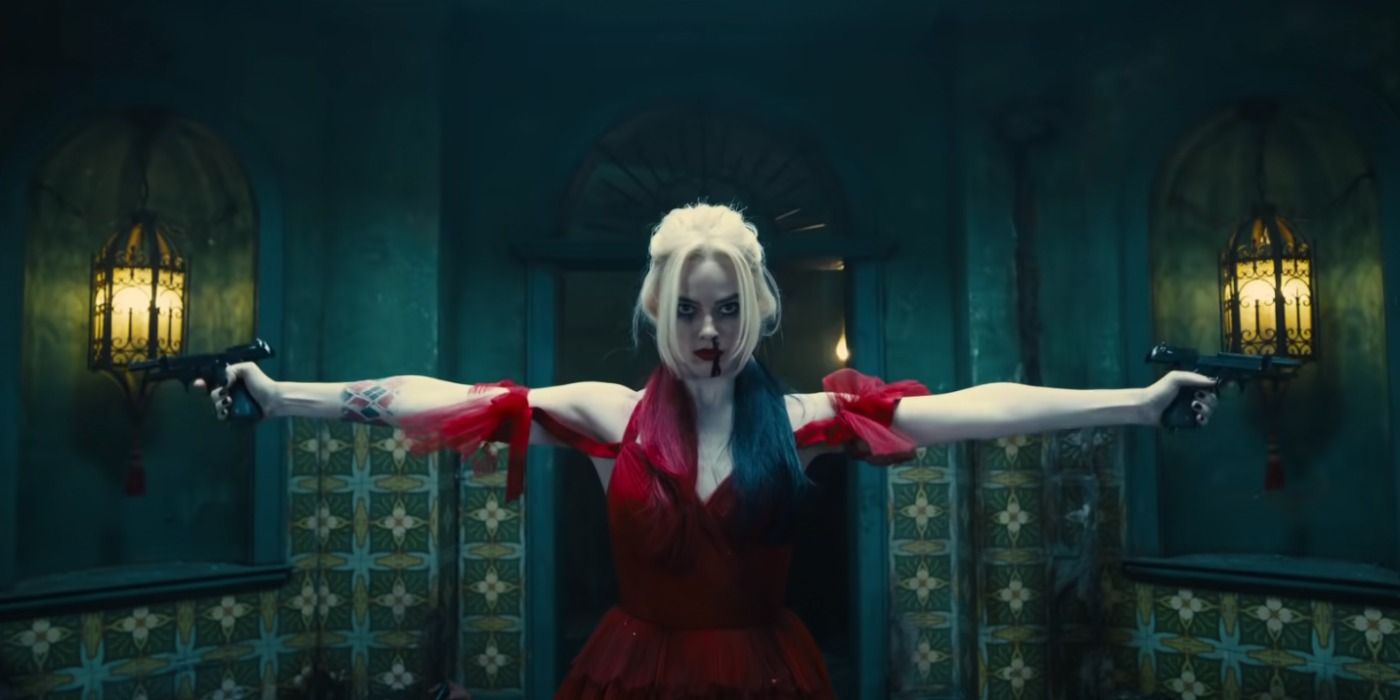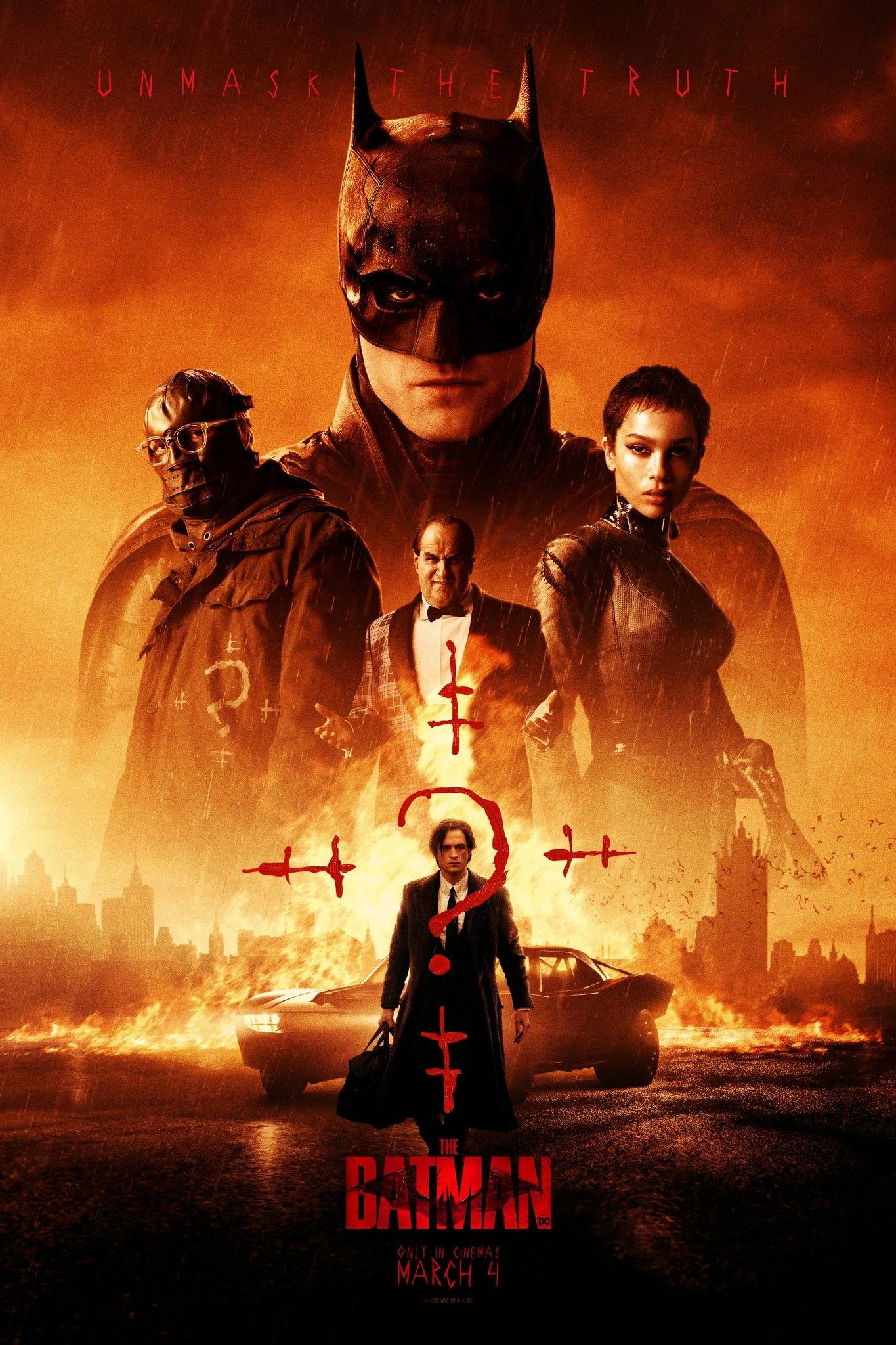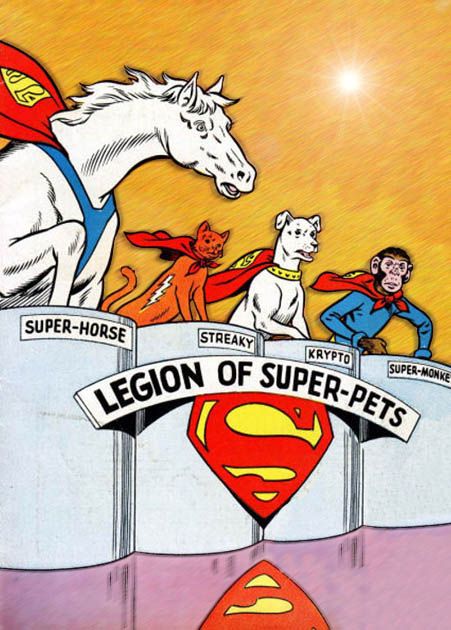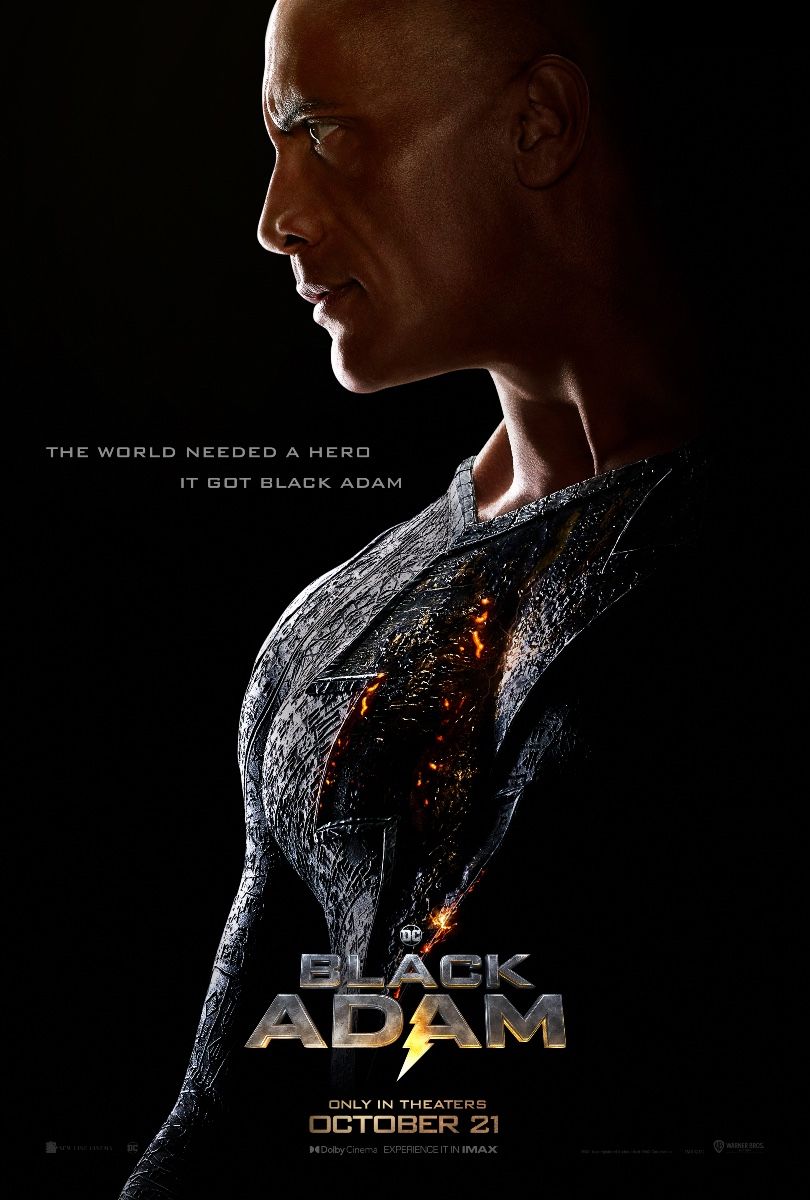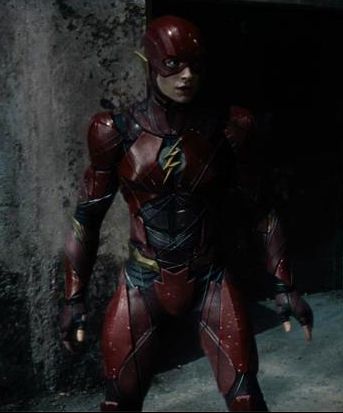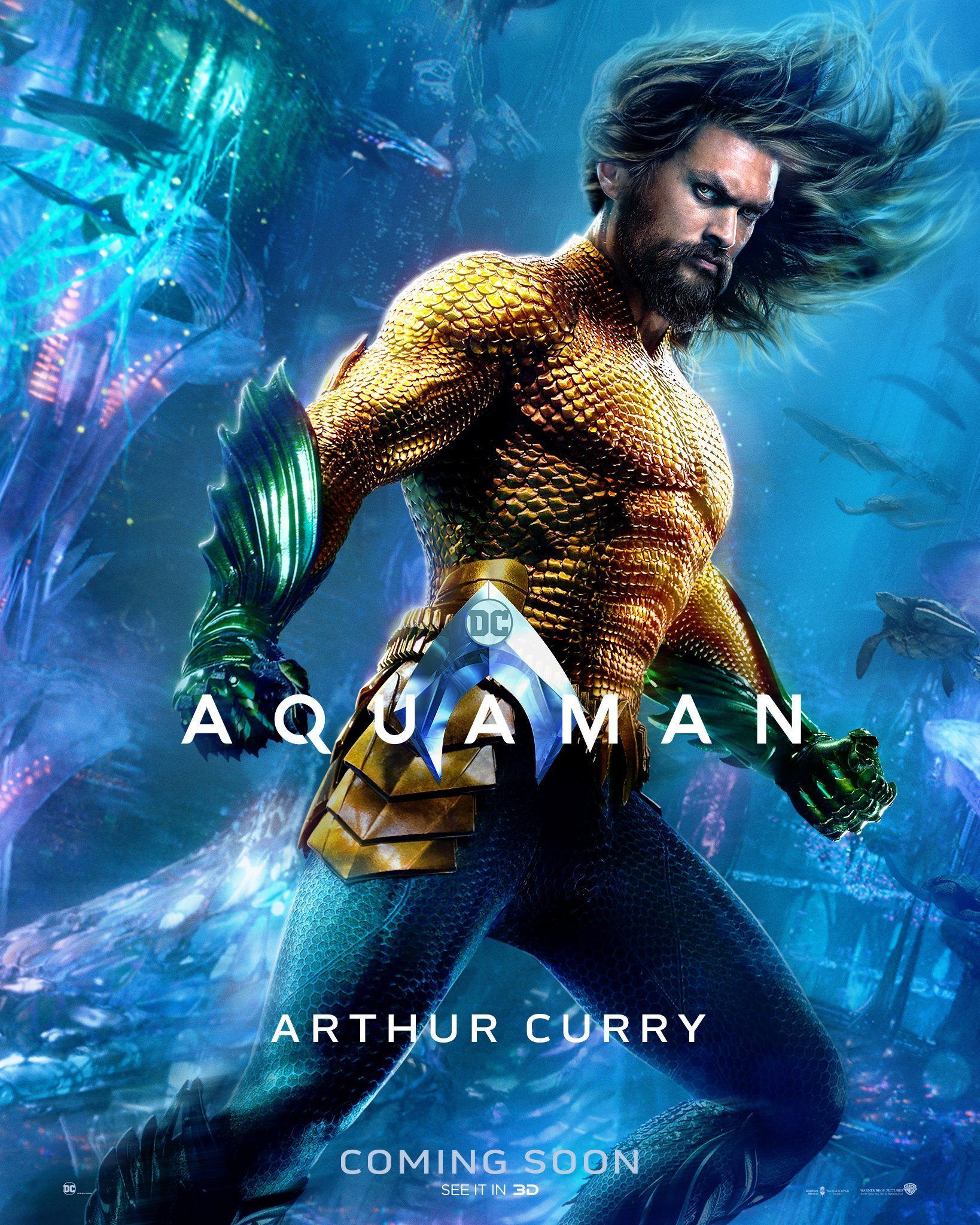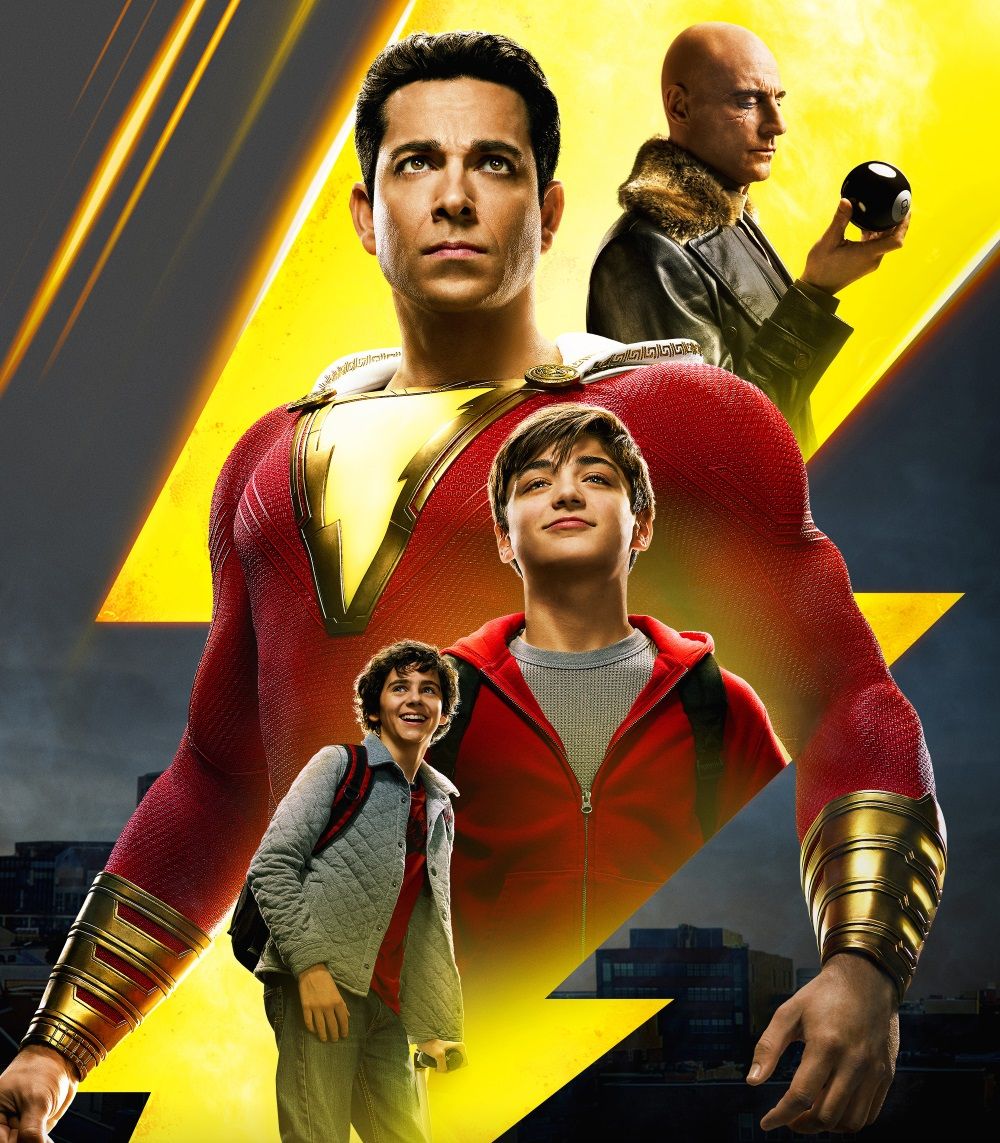Warning: Spoilers for The Suicide Squad (2021) to follow.
Director James Gunn's The Suicide Squad is being hailed as a gory good time by many, but does the excessive bloodshed hurt the DCEU film's story? While several entries into the DCEU have proven divisive so far, arguably the most divided reaction was given to 2016's Suicide Squad. Even today, it tends to be the most dismissed of the lot as far as importance, although there's a significant caveat, in that it's become well-known that Warner Bros. heavily altered director David Ayer's vision prior to release.
While many fans still wait and hope for an Ayer cut release that may never come, Gunn has taken the reigns of the Suicide Squad within the DCEU, and by nearly all accounts, seems to have turned in a winner. The Suicide Squad, a mixture of sequel to and reboot of Ayer's movie, currently sits just below 2017's Wonder Woman as the best-reviewed entry into the DCEU on Rotten Tomatoes, and its audience score is behind only Zack Snyder's Justice League.
There's a lot of things to love about The Suicide Squad, chief among them Gunn's uniquely odd dramatic sensibilities, which leads to some surprisingly poignant moments. However, The Suicide Squad also features deaths by the dozens, with blood spraying wildly across the screen, severed body parts aplenty, and so many gory kills that the average slasher villain would feel lacking by comparison. Some would argue this wanton violence undercuts The Suicide Squad's attempt to tell a story and develop its characters, but does it really?
It's unsurprising to see so much blood and gore in The Suicide Squad, as James Gunn began his career at infamous indie horror maker Troma, and his work outside the MCU tends to be quite explicitly violent. While there's certainly a logical argument to be made that The Suicide Squad's abundance of death and carnage works to its story's detriment at times, as does its love for constantly cracking lowbrow jokes, at the same time, it's well-known that Gunn was given complete creative control by DC on this film. This is the movie he wanted to make, and for anyone familiar with Gunn's larger body of work, it's impossible to miss his unmistakable visual style and off-kilter sense of humor.
The Suicide Squad's gory bloodbaths do sometimes keep the tone a bit lighter than it perhaps should be, but that still doesn't prevent the audience from empathizing with characters like Idris Elba's Bloodsport and Ratcatcher II, who get legitimately effective emotional moments amid the bloodshed. Plus, Gunn clearly intended The Suicide Squad to be a good time above all else, and getting too lost in the weeds of emotional melodrama would've worked against that purpose. One need only look at the absolutely hilarious, yet dark as night gag in which it's revealed that the supposed bad guys the team just slaughtered were in fact freedom fighters on the same side of the fight. To treat the weight of all those needless deaths seriously would be to violate The Suicide Squad's take-no-prisoners, thrills and laughs at any cost creative spirit.

